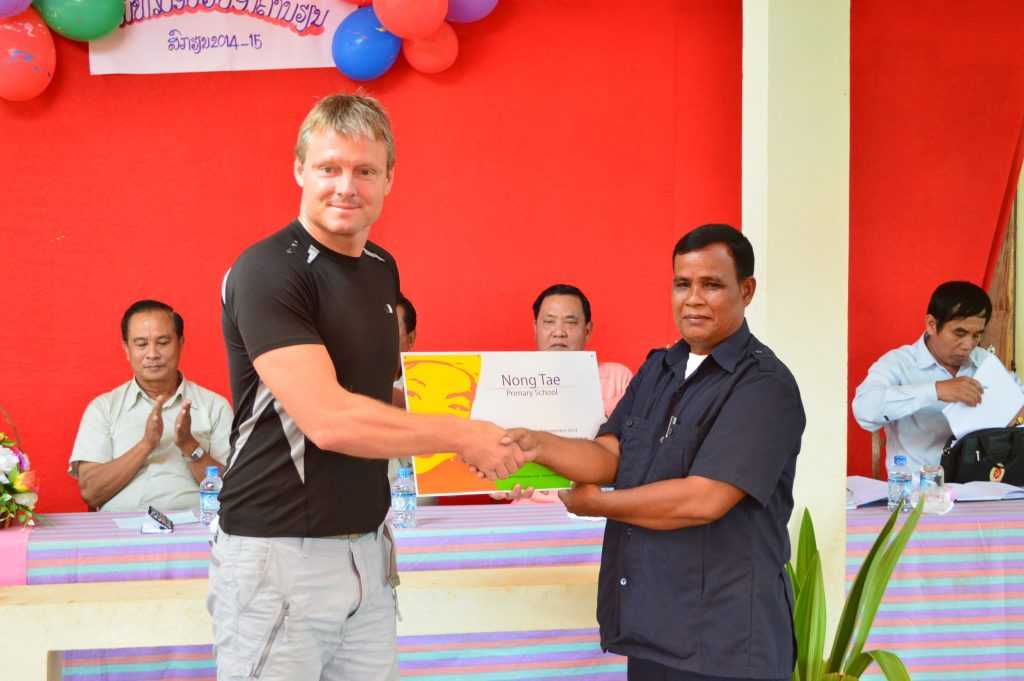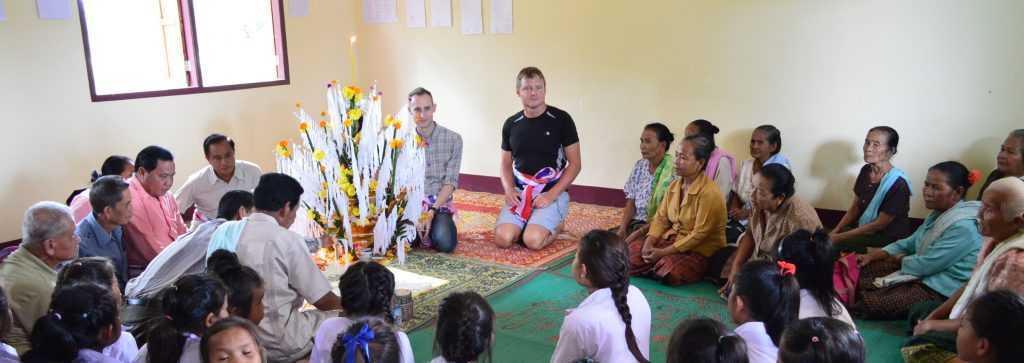Anyone who has made a serious attempt at meditation knows that it takes sincere effort. Additionally, anyone who assumes that attending a Buddhist meditation retreat will be like a relaxing visit to a spa will in for a big surprise! So it begs the question – will all that intense effort that goes into Buddhist meditation create social justice?
I am afraid that the answer is a resounding – no. Unfortunately, in this crazy world idealism is ineffective unless it is combined with healthy dose of mundane realism.
A prominent example of this would be the efforts of Tibetan Buddhists to escape the oppression of Chinese sovereignty. Apparently, even the most pious acts of self sacrifice have not created the liberation that Tibetans are seeking. Furthermore, the self serving attention of western celebrities is only exacerbating a difficult situation.
Buddha Statues Induce Good Karma
Buddha statues embody virtues such as compassion and generosity. As a result, they help devotees overcome negativity and produce good karma.
Most certainly, buying Buddha statues on my website will create social benefits for the local Nepali artisans. This is especially true in Kathmandu, Nepal. The city has recently endured earthquakes and flooding that cause severe hardship to the inhabitants. Indeed, Nepal was one of the most impoverished countries in the world to begin with.
Nonetheless, large scale social justice is hard to come by without earthly zeal.
The Insights of a Meditation Master
There is an abundance of free literature available at local meditation centers. I live in SE Asia and it is easy to find English translations of the most valuable Buddhist instruction. Most recently, I read the book “A State of Mind Called Beautiful” by Sayadaw U Panditabhivamsa.
As I read through the editor’s preface I was intrigued to discover that the venerable Sayadaw U Pandita had commented on a similar topic. On page XXIX of the preface he says:
“Compassion says what needs to be said, wisdom does not fear the consequences.”
The meditation master elaborates further and clarifies by saying:
“The internal action of meditation must be completed with verbal and physical actions. Otherwise, it is not strong enough.”
Am I correct to presume social justice will not occur without “verbal and physical actions”? Either way, it is clear that acts of compassion can certainly make a positive impact on your own life and the lives of others. Therefore, making contributions to effective community development programs will certainly help create social justice.
I am no stranger to this. In fact, in 2014 I gave away 30% of my net worth to development programs in Cambodia, Laos and Honduras. As a result, thousands of children now have access to basic necessities that people from developed countries have always taken for granted.

The social changes that were implemented will positively change the social landscape of their communities for many years to come. Needless to say, the money that funded these projects did not come from meditation alone.
Worldly Motives Propel Social Change
To be honest, when I made these contributions it was not because of direct Buddhist teachings. Actually, at that time I was much less familiar with the teachings of the Buddha.
However, I was very familiar with the US actions during the Vietnam War. The Vietnam war had devastated the economies and infrastructure of countries in SE Asia. As I traveled through Laos, Cambodia and Vietnam the poverty and hardship was very apparent.
Furthermore, by giving a significant amount of my investment gains to tax deductible organizations, I limited my exposure to US tax liability. This meant that much less of my hard earned money would go to fund senseless foreign wars and unbridled consumerism.
In my opinion, it would be extremely difficult to effect social justice unless you personally create it by earthly means. Indeed, it is difficult to produce meaningful results without “verbal and physical actions”. Even more so because giving away my own money is more expedient than telling someone else to give away theirs.
Additional sources:
A State of Mind Called Beautiful by Sayadaw U Panditabhivamsa
Talks on Meditation Given in the Blue Mountains by Venerable Chanmayay Sayadaw

